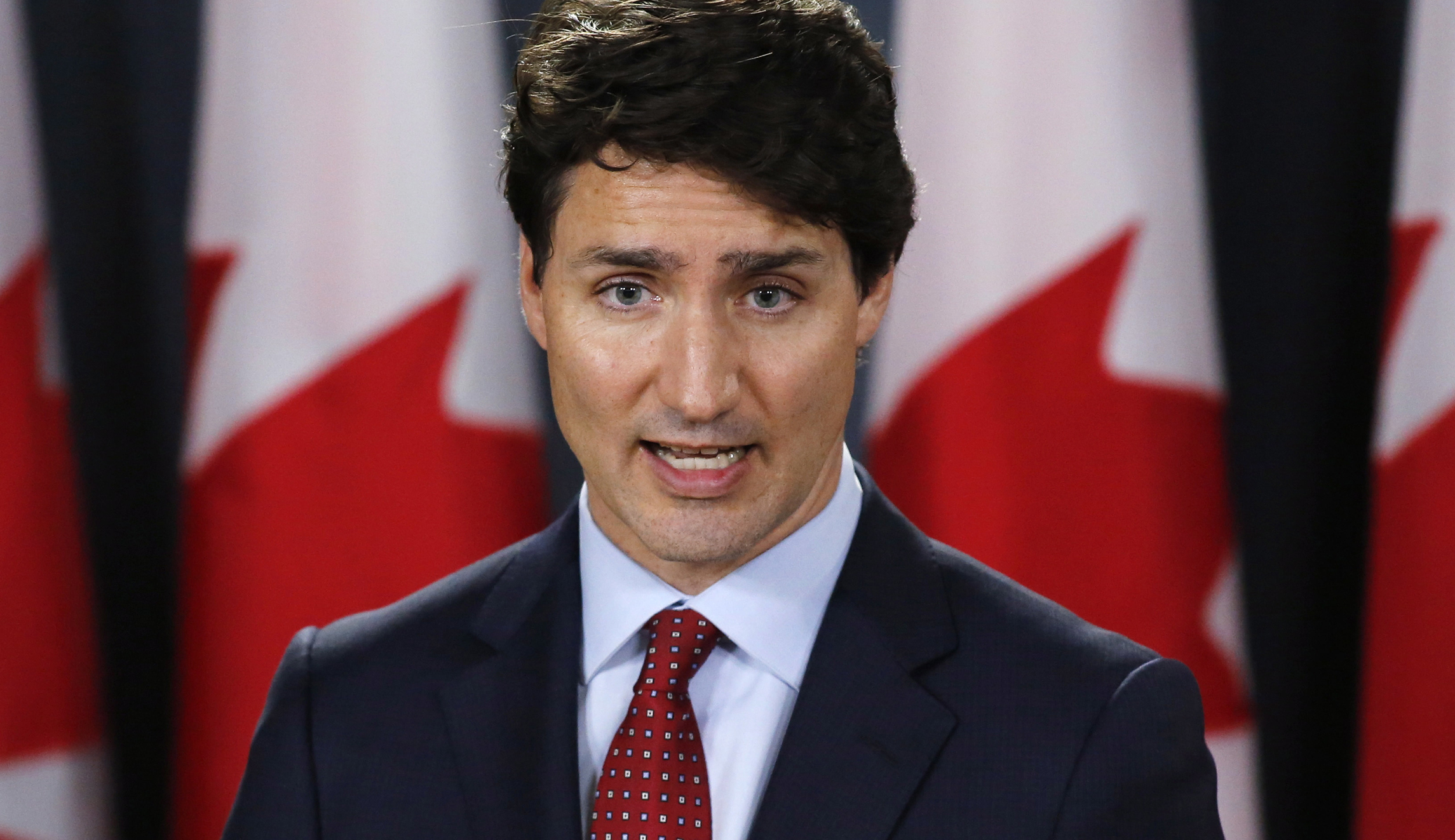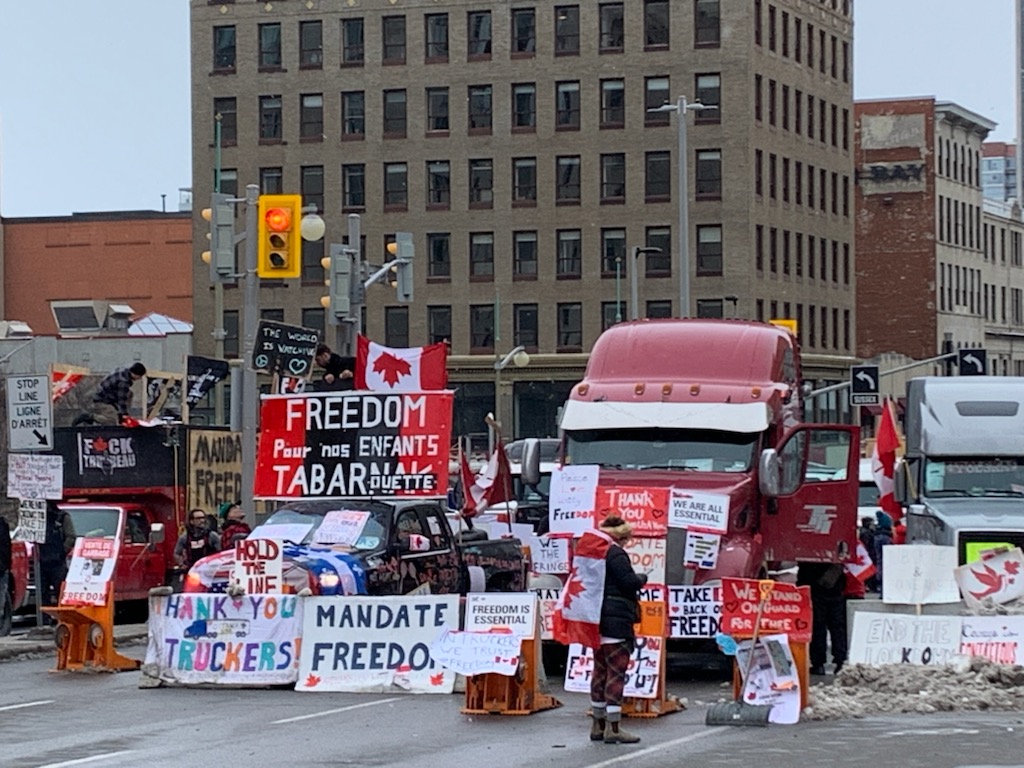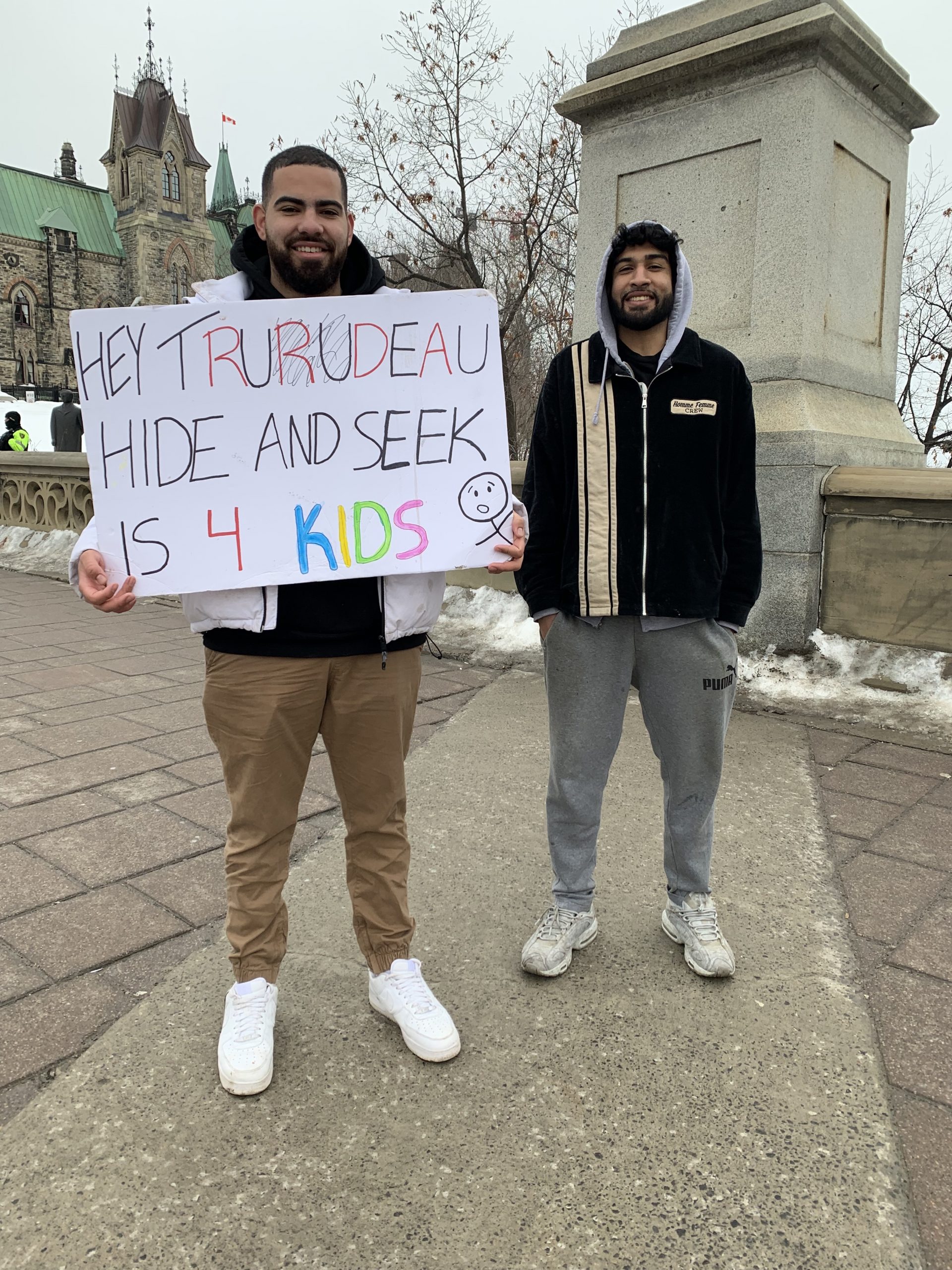
OTTAWA, Ontario — Canadian Prime Minister Justin Trudeau plans to invoke the rarely used Emergencies Act, which gives his government additional powers to deal with the trucker protests that have brought the country’s capital to its knees for more than two weeks.
Trudeau informed the premiers of his decision on Monday morning. In a meeting with the Liberal caucus, Trudeau said there are currently no plans to deploy the military, the Canadian Broadcasting Corporation reported.
The Emergencies Act replaced the War Measures Act in 1988 and has never been invoked. The earlier iteration was used only once in peacetime, by Trudeau’s father, Pierre Trudeau, during the 1970 “October Crisis,” when a Quebec separatist group launched a series of attacks, including the kidnapping of the provincial deputy premier and a British diplomat from his Montreal residence.
CANADIANS WOULDN’T VOTE FOR TRUDEAU AGAIN: ‘THE PM HAS LOOKED WEAK’
The Emergencies Act lays out four different kinds of emergencies in which provinces might be effectively out of their depth to respond to, including public welfare emergencies and public order emergencies.
A public order emergency grants five kinds of “extra” powers to the federal government. Those include the ability to “regulate or prohibit public assembly that may reasonably be expected to lead to a breach of peace, travel, or the use of property.” It also gives the government the ability to “designate and secure protected places,” “assume control, restoration, and maintenance of public utilities, and services,” the ability to “authorize or direct the provisions of essential services and the provision of reasonable compensation,” and the ability to fine or imprison people.
Once the Emergencies Act is invoked, it expires after 30 days.

A motion confirming the emergency has to be put before Parliament within seven days and could be stricken if it does not have enough votes in the House of Commons and the Senate.
Minister of Emergency Preparedness Bill Blair told reporters that he “could not speculate” on the specifics but said he would lay out the details after the matter was announced.
Trudeau has faced increasing pressure to use all of the powers at his disposal, including military, to end the demonstrations that began late last month after a group of truckers and their supporters drove from western Canada to Ottawa to challenge a regulation that requires truckers returning from the United States to show proof of vaccination. If the truckers are not fully vaccinated, they will be subjected to COVID-19 testing and quarantine requirements.
Though the Ottawa protest began with the truckers, it has shifted to a wider focus that demands all COVID-19 restrictions and lockdown measures be lifted.
Over the weekend, thousands of people came to Ottawa to stand in below zero temperatures for hours to protest government mandates.

The truckers and supporters have vowed not to move until their demands are met.
Trudeau has repeatedly said he would not meet with the truckers and has referred to them as lawless members of a fringe minority.
As Trudeau attempts to shut the demonstrations down in Ottawa, several other provinces across the country have started to ease coronavirus-related restrictions.
On Monday, Ontario announced it would lift indoor capacity limits in public settings effective Thursday.
CLICK HERE FOR MORE FROM THE WASHINGTON EXAMINER
The western Canadian province of Alberta lifted its school mask mandate.
Alberta Premier Jason Kenney, a member of the Conservative Party and head of the provincial government, said in a tweet Sunday that “kids must come first as we lift damaging restrictions” and that he was “looking forward to all the smiling faces tomorrow.”

